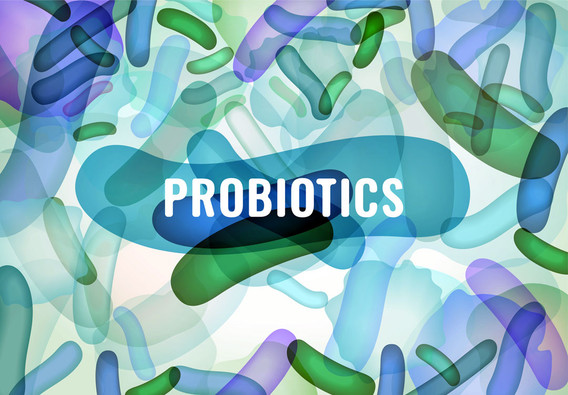Posted by Beyond Health on Nov 3rd 2025
Salt, Blood Pressure, and Your Microbiome
As scientists study the trillions of bugs, most of them bacteria, living in our intestines—known as the “gut microbiome,” they’re finding that this 3-5 pound community of microbiota has important roles in just about everything that goes on in our bodies. Some scientists are even saying our microbiota may be more important than our genes in determining our health or lack thereof. Recently, they’ve discovered that gut microbiota are intimately involved in determining blood pressure. It’s well-known that excessive salt intake isn’t good for the heart and has been associated with elevated blood pressure. Studies done in the last few years indicate that it’s how salt influences the microbiome that ultimately affects blood pressure. A 2017 study found that when either mice or humans ate too much salt, good bacteria in the gut started disappearing while pro-inflammatory immune cells called TH-17 cells started to rise; and as they did, they raise…
read more Fuel your life with the purest vitamins
Fuel your life with the purest vitamins





